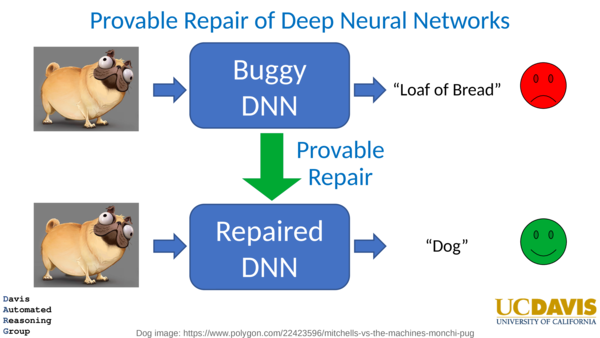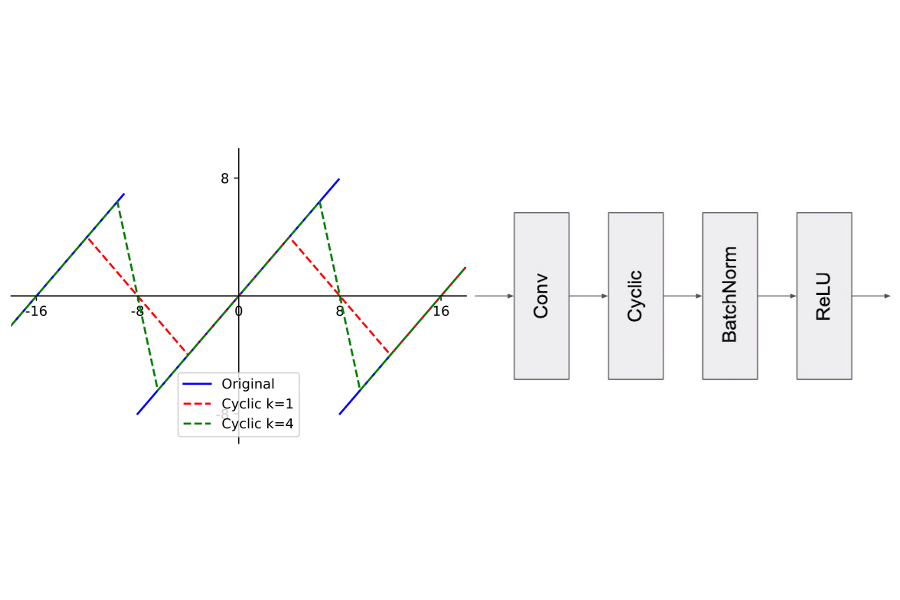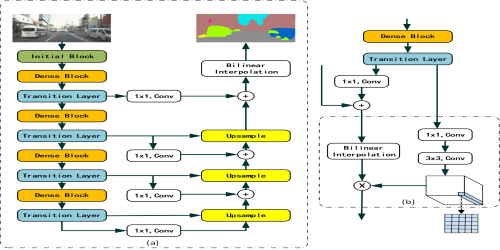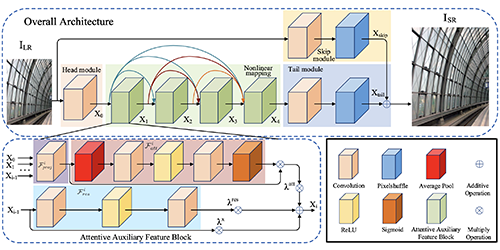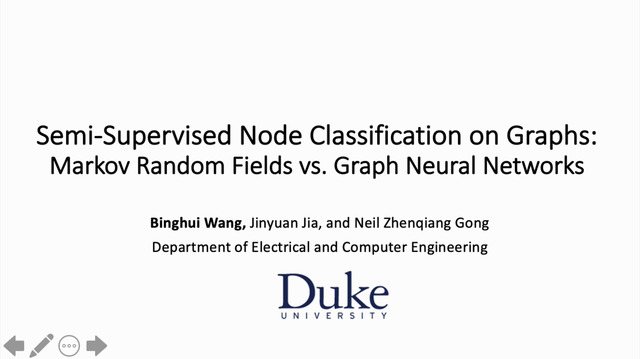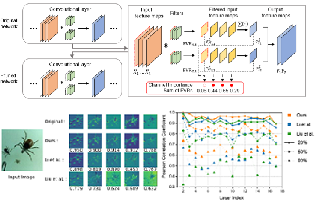Abstract:
Recently, traffic engineering mechanisms have been developed that guarantee that a network (cloud provider WAN, or ISP) does not experience congestion under failures. In this paper, we show that existing congestion-free mechanisms, notably FFC, achieve performance far short of the network’s intrinsic capability. We propose PCF, a set of novel congestion-free mechanisms to bridge this gap. PCF achieves these goals by better modeling network structure, and by carefully enhancing the flexibility of network response while ensuring that the performance under failures can be tractably modeled. All of PCF’s schemes involve relatively light-weight operations on failures, and many of them can be realized using a local proportional routing scheme similar to FFC. We show PCF’s effectiveness through formal theoretical results, and empirical experiments over 21 Internet topologies. PCF’s schemes provably out-perform FFC, and in practice, can sustain higher throughput than FFC by a factor of 1.11X to 1.5X on average across the topologies, while providing a benefit of 2.6X in some cases.




